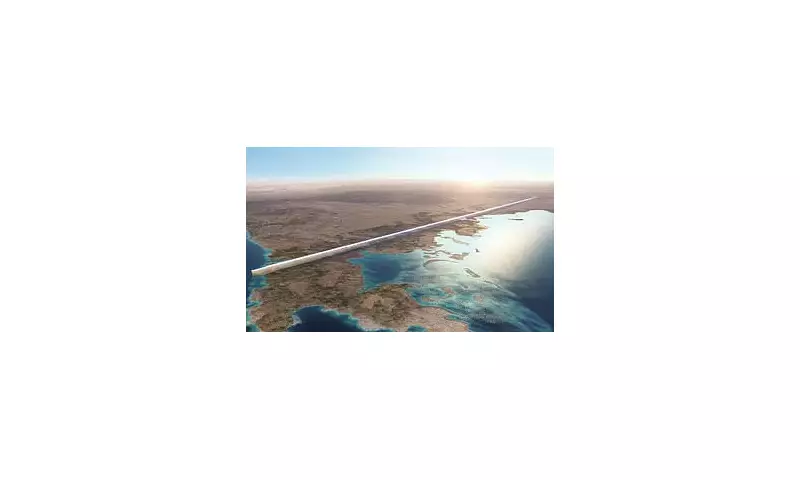
Saudi Arabia's groundbreaking £1.5 trillion megacity project, 'The Line', is facing a dramatic scaling back as economic pressures mount, with construction reportedly paused and ambitious plans being significantly revised.
Vision 2030 Faces Reality Check
The revolutionary 100-mile linear city, part of Crown Prince Mohammed bin Salman's ambitious NEOM development, was intended to house nine million residents in a car-free, carbon-positive environment stretching across the Saudi desert. However, sources indicate the project may now be shortened to just 1.5 miles initially – a mere fraction of its original scope.
Economic Pressures Mount
The scaling back comes as Saudi Arabia grapples with falling oil prices, forcing Riyadh to reconsider its massive spending commitments. The NEOM project, valued at approximately £1.5 trillion, represents one of the most ambitious construction projects in human history, but current economic realities appear to be tempering expectations.
Construction Progress Reportedly Stalled
According to insiders, construction work has been paused on significant portions of The Line, with only preliminary infrastructure work continuing in some areas. The project, which promised revolutionary urban design with mirrored exteriors stretching across the desert landscape, now faces an uncertain timeline.
What This Means for NEOM's Future
The reported downsizing raises serious questions about the future of the broader NEOM development, which includes several other giga-projects:
- Significant scale-back of initial construction phases
- Revised completion timelines for the entire project
- Potential redesign of core architectural concepts
- Financial reassessment of the entire Vision 2030 initiative
The development represents a substantial challenge to Crown Prince Mohammed bin Salman's Vision 2030, which aims to diversify Saudi Arabia away from oil dependency and establish the kingdom as a global hub for innovation and futuristic living.
International Implications
The scaling back of such a high-profile project sends ripples through global construction and technology sectors, with numerous international firms having committed resources to what was billed as the city of the future. The decision reflects broader economic pressures facing Gulf states as they navigate fluctuating energy markets and ambitious transformation plans.





